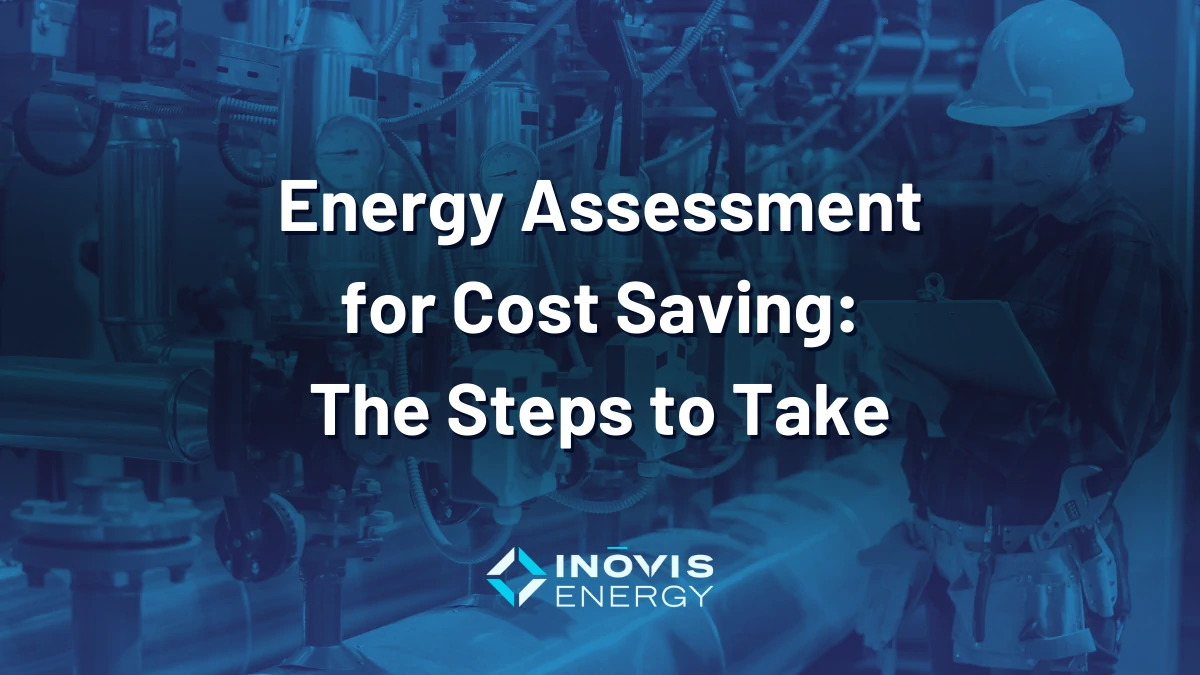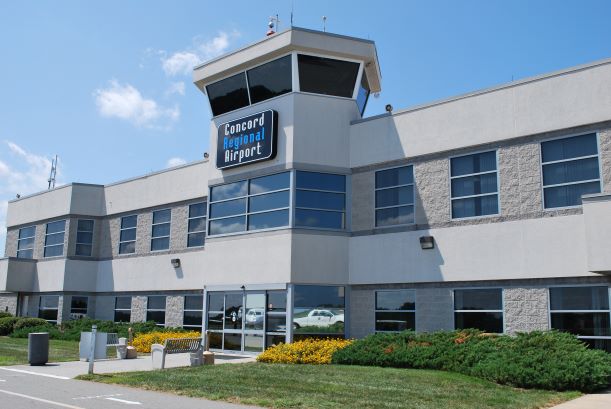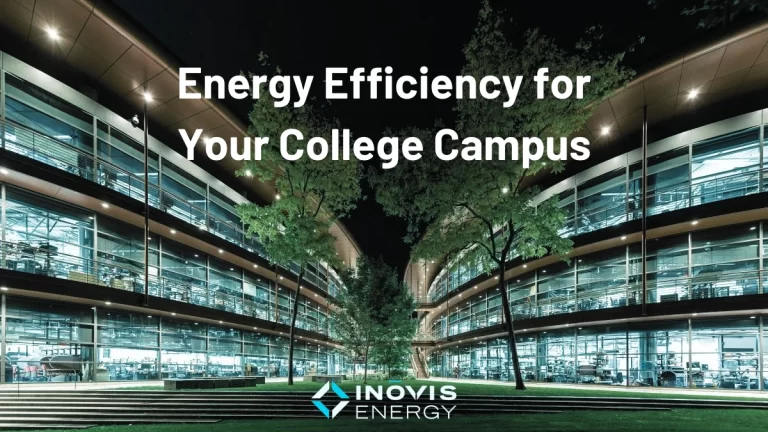If you’re a business owner, you’re always looking for ways to save money. One way to do this is by conducting an energy assessment for cost saving. Energy assessments help identify areas where you can save money on energy costs. In this blog post, we’ll discuss the benefits of energy assessments, the energy assessment process, tips for preparing for an energy assessment, and how to hire an energy assessment professional.
Benefits of an Energy Assessment for Cost Saving
Energy assessments help identify areas where businesses can save money on energy costs. They can identify inefficiencies in energy use, equipment, and systems. By identifying these inefficiencies, businesses can make changes that reduce their energy usage, resulting in lower energy bills. Here are some specific benefits of energy assessments:
-
- Lower energy bills: The most obvious benefit of energy assessments is lower energy bills. By identifying areas of waste, businesses can make changes that reduce energy usage and save money on their energy bills.
- Improved equipment performance: Energy assessments can identify issues with equipment that may be causing it to use more energy than necessary. By identifying these issues, businesses can make changes that improve the performance of their equipment and reduce energy usage.
- Increased efficiency: Energy assessments can identify inefficiencies in a business’s systems and processes. By making changes to improve efficiency, businesses can reduce their energy usage and save money.
- Reduced environmental impact: By reducing energy usage, businesses can reduce their environmental impact. This can be a great selling point for businesses that are committed to sustainability.
Energy Assessment Process
The energy assessment process involves a comprehensive review of a business’s energy usage. Here’s what you can expect during an energy assessment:
- Site visit: The energy assessment professional will visit the business’s location to gather data on energy usage.
- Data collection: The professional will collect data on energy usage from sources such as utility bills, equipment manuals, and interviews with employees.
- Analysis: The professional will analyze the data to identify areas of inefficiency and waste.
- Recommendations: The professional will provide recommendations on how the business can reduce energy usage and save money.
Tips for Preparing for an Energy Assessment
To ensure a successful energy assessment, businesses should prepare by gathering the necessary data and information. Here are some tips for preparing for an energy assessment:
-
- Gather utility bills: Make sure you have at least 12 months of utility bills for the energy assessment professional to review.
- Have equipment manuals available: The energy assessment professional will need to review equipment manuals to understand how the equipment is supposed to function.
- Identify energy-saving goals: Before the assessment, identify specific energy-saving goals you want to achieve.
- Appoint a point person: Appoint a point person to work with the energy assessment professional throughout the process.
Hiring an Energy Assessment Professional
To get the most out of your energy assessment, it’s important to hire an experienced and qualified professional. Here are some tips for finding the right professional for your business:
-
- Look for certifications: Look for professionals who are certified by organizations such as the Building Performance Institute (BPI) or the Association of Energy Engineers (AEE).
- Check references: Ask for references from other businesses that have used the professional’s services.
- Ask about experience: Ask about the professional’s experience conducting energy assessments for businesses like yours.
Energy Assessment Case Studies
Here are some examples of businesses that have used energy assessments to save money on their energy bills:
Conclusion
Energy assessments can be a great way for businesses to save money on energy costs. By identifying areas of inefficiency and waste, businesses can make changes that reduce their energy usage and save money on their energy bills. If you’re interested in conducting an energy assessment for cost saving, follow the tips outlined in this blog post to ensure a successful assessment. And don’t forget to hire an experienced and qualified professional to get the most out of your energy assessment.








